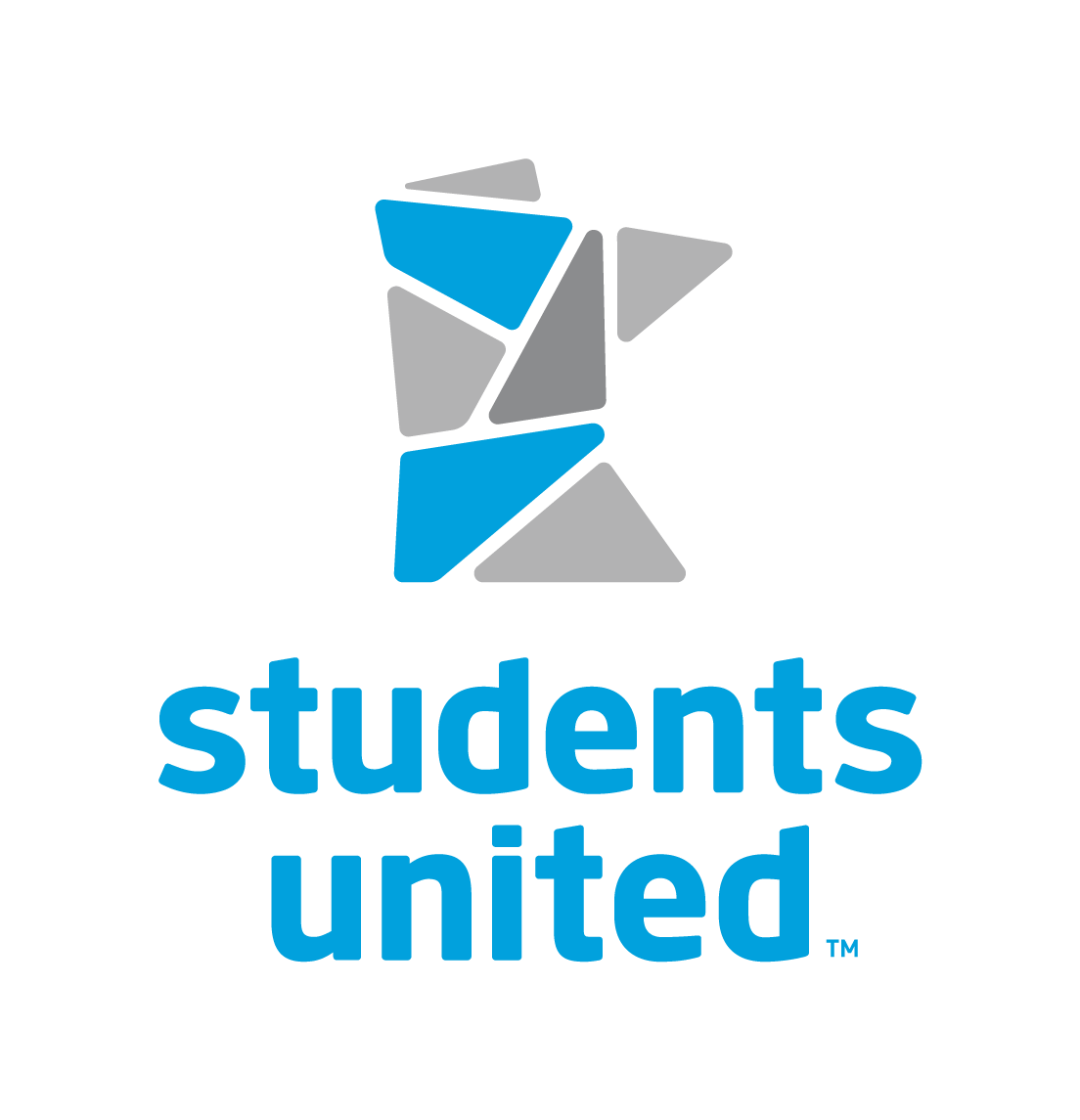We submitted the following statement to the Minnesota state Board of Trustees:
Chair Cowles, members of the Board of Trustees,
Welcome to the new year. Admittedly, 2022 feels a lot like 2020 and 2021. As we go through this groundhog’s day experience, and as everyone around us seems to be falling ill, we would like to update you all on Students United’s Board of Directors’ most recent thoughts around COVID-19 safety. As a reminder, our Board of Directors is composed of the seven universities’ Student Body Presidents or their appointees.
After months of discussion, our board has decided to adopt a stance supporting a systemwide vaccine-or-attestation requirement with the expectation that vaccination and testing be easily accessible on, or near, campus. We believe the 10% increase in vaccinations systemwide over the course of the fall semester is due to the mandate on Residential Life and workers. We believe continuing with an all-encompassing vaccine-or-attestation requirement is necessary for public health. As one of our brilliant board members stated: if we, as institutions of higher learning are tasked with educating students on the importance of data and research, ethics, and critical thinking, we must lead by example. We must follow the science and trust the experts. Otherwise, what message are we sending to students about higher education?
We share this update because we really appreciated the Trustees’ line of questioning in November and your interest in ensuring our campus’s reality is truly safe. As we told the Chancellor this month, with the updated guidance going out, students are not always seeing the level of enforcement, accountability, or compassion that this moment requires.
For one, this omicron surge is the worst we have seen since the pandemic began. As of last week, 33% of our board is known to have COVID, including our own Vice Chair. On top of that, all of us have multiple friends, family, and other loved ones testing positive left and right. We’re feeling simultaneously overwhelmed and a little hopeless. We’re starting to wonder if this is just truly the rest of our lives.
Yet with this unprecedented surge in the era of unprecedented events, we’re not seeing proportionate vigilance. Hockey games without COVID regulations are still happening. Some of our professors are implying we’re overblowing our exhaustion and sickness levels. We, and people we know, were forced to work or go to class in-person, even with high exposure probability. We know there is inconsistency in the attestation enforcement on some of our campuses. We need to see stronger guidance around enforcement and accountability. We also need the level of kindness, compassion, and care we last experienced in March and April of 2020.
Back in 2020 and early 2021, we all used to say that this pandemic posed an opportunity for us to create the new normal we want. To not return to a normal that did not serve us all. This year, Students United remains laser focused on meaningful, material outcomes designed to make higher education equitable and accessible for all. We join our friends at the IFO, MSCF, LeadMN, MSUAASF and IMMOC to align behind a shared definition of equity.
Being clear about what equity means is critical to ensuring our shared goal, of closing opportunity gaps by 2030, is achieved. The higher education system we seek to achieve is one where every student, regardless of their circumstances, has the right to experience the positive, transformative effects of education with equal access and opportunity. Equity is how we get there. Equity is the process of prioritizing and investing material resources into equalizing opportunity, access, and outcomes for historically-marginalized, intentionally-excluded, and harmed communities. Material resources include, but are not limited to, money, labor, and time.
Some of our priorities, as a coalition of students, staff, faculty, and administrators, include: pushing for state higher education funding, improving the transfer system, growing equity/inclusion data and making it accessible, meaningful support for those who already do equity work, and seeing clear targets for Equity 2030. We believe there are tangible steps that we can all take this year that will move us towards better outcomes for all.
Finally, we just want to state that we are very supportive of the work that all collaborators within the Minnesota State system have been able to accomplish in the realm of Basic Needs. As you heard from Paul Shepherd and Kate Noelke, our colleges and universities have been able to address student basic needs by creating and supporting campus-based food pantries and innovations in mental health support for students, are ongoing in the work of creating online basic needs hubs, and taking on other countless initiatives. The success of these basic needs efforts, like all efforts advancing equity, is contingent on material resources: time, labor, and money. We hope to see you back important initiatives with material resources so we can continue to see these essential programs become successes.
